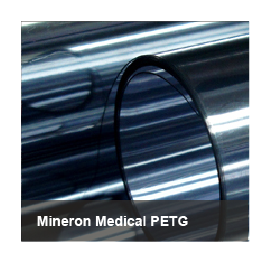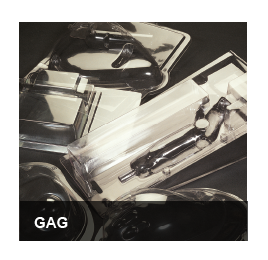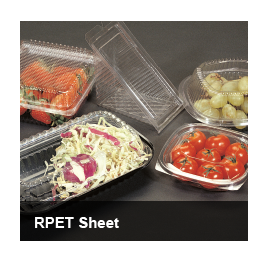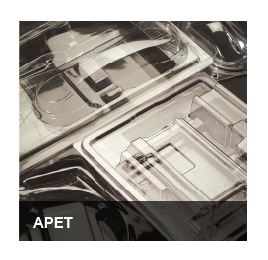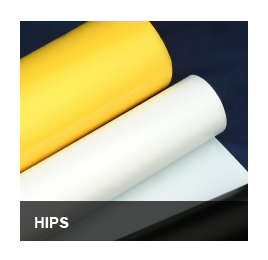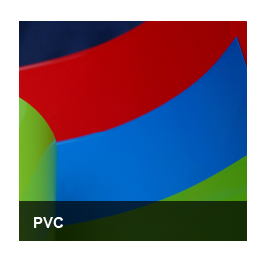|
What's New?Hong Kong International Printing & Packaging Fair 27-30/4/2012Mineron welcomes you to visit our booth at Hong Kong International Printing & Packaging Fair 2012 in the Asia-World Expo from April 27 to 30, 2012. Exhibition details: Booth No: Hall 6 – D14 Venue: Hong Kong Asia World-Expo Dates: 27-30 April 2012, Friday – Monday Time: 10:30 – 17:30 (27/4) 09:30 – 17:30 (28-29/4) 09:30 – 15:30 (30/4) http://www.hkprintpackfair.com/dm/2012/lapsed/index_en.html
Public Consultation on 20 potential Substances of Very High ConcernThe European Chemicals Agency (ECHA) has today published proposals to identify 20 chemicals as Substances of Very High Concern (SVHCs) and thus as possible candidates for authorisation. From the last publication six months ago, the number of dossiers has more than doubled. The detailed proposals are available on the ECHA website. Interested parties are invited to comment on the proposals by 13 October 2011.
Are You Ready for New Project for EU New Toy Safety Directive 2009/48/EC?The EU New Toy Safety Directive (2009/48/EC) was published on June 30, 2009, and became effective on July 20, 2009. EU member countries are about to implement the New Directive after the date of July 20, 2011. The New Directive tightens responsibilities towards manufacturers, importers, retailers and material suppliers. Toy industries should make good preparation before the effectiveness of the New Directive.
CANADA BANS PHTHALATES IN TOYS AND CHILDCARE ARTICLESCanada recently announced a ban on 6 types of phthalates in vinyl materials in toys and childcare articles. On 22 December, 2010, the Canada Gazette published the ‘Phthalates Regulations’ to announce the ban on 6 phthalates in vinyl toys and childcare articles³. The use of DEHP, DBP and BBP is restricted in vinyl toys and childcare articles whereas the use of DIDP, DINP and DNOP is restricted in vinyl toys and childcare articles that can be placed in the mouth of a child under the age of 4. The effective date is 10 June, 2011.
MALAYSIA BANS BISPHENOL-A (BPA) IN POLYCARBONATE BABY BOTTLESOn 14 March, 2011, the Health Minister of Malaysia announced the prohibition of bisphenol-A (BPA) in polycarbonate baby bottles. The announcement of the ban was the result of an agreement from a cabinet meeting dated 2 March, 2011. The Ministry of Health found that the rate of migration of BPA from polycarbonate bottles increased 7-fold from 25°C to 80°C. The ban takes effect on 1 March, 2012.
REACH: NEW POTENTIAL SVHC UNDER PUBLIC CONSULTATION UNTIL APRIL 2011On February 21, 2011, the European Chemical Agency (ECHA) published a new list of potential Substances of Very High Concern (SVHC) for consultation. This consultation aims to gather comments from interested parties regarding the identification as well as further information related to use, exposure, alternatives and risks of the proposed substances. The consultation will last for 45 days until April 7, 2011. If all the eight proposed substances are accepted, the SVHC candidate list may extend to 53 items in May or June 2011.
EU BANS CERTAIN ORGANOTIN COMPOUNDS IN CONSUMER PRODUCTSOn 4 June 2009, a new European Commission Decision 2009/425/EC was published in the EU Official Journal. The usage of Tri-substituted organostannic compounds such as Tributyltin (TBT) compounds and Triphenyltin (TPT) compounds, Dibutyltin (DBT) compounds and Dioctyltin (DOT) compounds in consumer products are governed by this Decision. From 1 January 2012, Dibutyltin (DBT) compounds with a concentration of greater than 0.1% by weight of tin shall not be used in mixtures and articles for supply to the general public. Dioctyltin (DOT) compounds in an article shall not be in a concentration greater than 0.1% by weight of tin.
|
||||||||||
© 2011-2012 Mineron (H.K.) Co., Ltd. All rights reserved.
